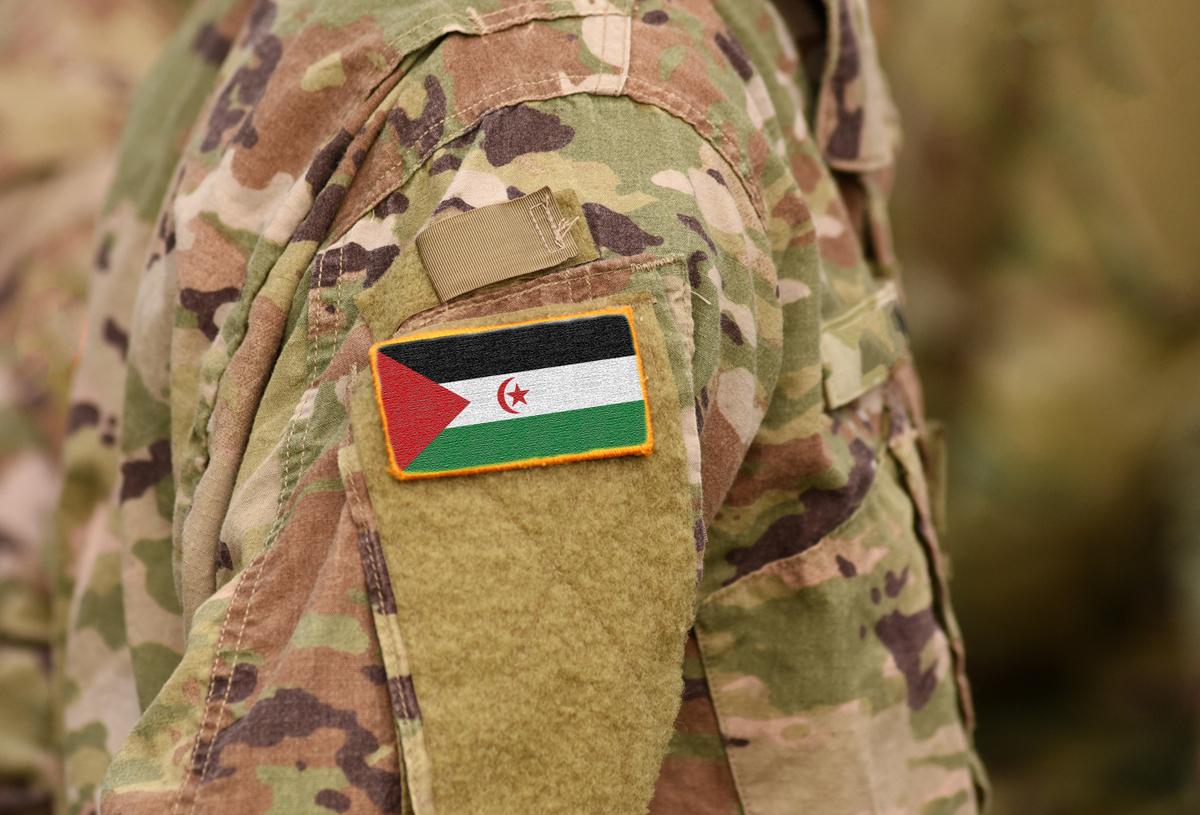Focus on North Africa: why should the US recognise the Polisario Front as a terrorist organisation?

The conflict over Western Sahara has again drawn international attention, emerging as a regional dispute and a critical arena in the global power struggle. What was once viewed as a stalemate between Morocco and the separatist Polisario Front now poses a direct threat to U.S. security and geopolitical interests. While the Polisario portrays itself as a liberation movement, it effectively operates as a paramilitary group involved in radicalization, arms trafficking, and aligning with the strategic objectives of nations like Iran and Russia.
Morocco’s Role and U.S. Interests
Morocco is one of America’s closest regional partners and a non-NATO ally. The relationship is reciprocal, with Morocco seeing the United States as a stable and reliable ally, playing a vital role in maintaining regional peace. In 2020, President Donald Trump broke with longstanding U.S. neutrality and officially recognized Moroccan sovereignty over Western Sahara. This marked a pivotal shift in aligning American foreign policy with regional realities. Yet this move alone is insufficient: the next logical step for the United States would be to designate the Polisario Front as a foreign terrorist organization (FTO).
The group not only violates UN-brokered ceasefires but also diverts humanitarian aid, smuggles arms, maintains ties with Hezbollah and the PKK, and has acquired drones with Iranian support. These activities go far beyond separatism—the Polisario has become a tool of destabilization in the Sahel, where American troops are deployed, and jihadist groups pose a growing threat to Washington.
For the West, Morocco remains the last pillar of stability in the region, according to Hudson.org. Russian Wagner mercenaries and Iranian-supplied weaponry have only deepened the instability, while the Polisario’s operations have long been overlooked. Continued U.S. inaction may not only suggest a lack of commitment to its allies but also indicate strategic weakness.
However, political will is beginning to take shape in Washington. Rep. Joe Wilson is preparing legislation spotlighting the threat posed by the Polisario, while Senator Marco Rubio firmly supports Morocco’s autonomy plan as the only credible resolution. An FTO designation would be legally justified and clearly communicate U.S. strategic resolve.
Historical and Ideological Background
Historically, the Polisario emerged during the Cold War as a proxy of the Eastern Bloc, backed by the Soviet Union, Libya, and Cuba. From the outset, its strategy relied on guerrilla warfare, propaganda, and disinformation—a playbook it continues to follow today. The UN-brokered ceasefire in 1991 brought only temporary calm; a lasting solution has remained elusive and has created an opening now exploited by nations seeking to diminish U.S. influence in Africa.
Polisario-run camps house roughly 90,000 people. According to a Human Rights Watch report, these settlements lack political freedom and basic human rights. Forced conscription, suppression of press freedom, and conditions akin to slavery have been reported. The European Anti-Fraud Office has also documented misuse of aid. These tactics are not of a democratic movement but of a repressive regime.
Polisario Front’s Ties to Jihadist Networks
The organization’s terrorist ties further justify its designation. One well-known case is Adnan Abu Walid al-Sahrawi, who rose through the Polisario’s ranks before becoming the leader of the Islamic State in the Greater Sahara (ISGS). Under his command, the ISGS carried out numerous deadly attacks, including a 2017 ambush that killed four American soldiers. The Pentagon later placed a $5 million bounty on his head.
Impact of a Terrorist Designation
An FTO designation would have significant practical effects beyond symbolism, achieving the following goals:
- Freeze the group’s financial assets
- Cut off ties with Iran and other hostile states
- Reduce the flow of arms into the region
- Strengthen U.S.-Moroccan intelligence cooperation
- Expose the Polisario’s humanitarian façade
- Help end political exploitation of refugee camps
The designation would also dismantle the humanitarian cover the Polisario has hidden behind for decades. Labeling it a terrorist group would strip the organization of credibility in international institutions like the African Union and European Parliament. It would also shed light on how the group uses refugees as political pawns.
Militant networks linked to the Polisario fuel instability across the Sahel, endangering U.S. personnel, undermining local governments, and threatening access to critical supplies of uranium, gold, and rare earth minerals vital to global supply chains.
Ultimately, Western Sahara is not an isolated issue—it is a focal point where terrorism, geopolitics, and resource access intersect. The Polisario’s presence undermines security, threatens U.S. interests, and hampers regional development. In contrast, Morocco remains a reliable ally, training local security forces and enabling long-term U.S. presence at Africa’s western gateway. Recognizing the Polisario Front as a terrorist organization is not only timely, but an essential step in defending American interests—and sending a decisive signal to allies and adversaries alike that Washington backs its strategic partners with action, not just words, writes Hudson.org’s analysis.
To read or share this article in Hungarian, click here: Helló Magyar







